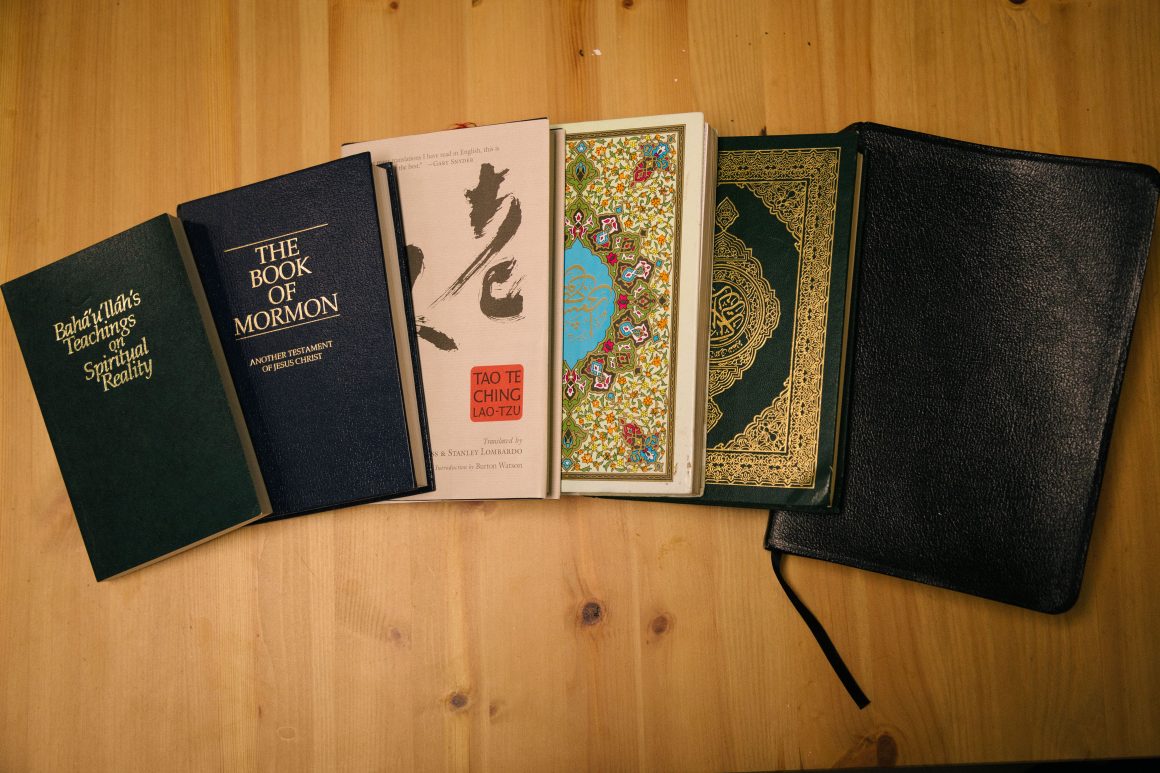
Various religious texts must be equally accessible at courthouse
By Aisha Sajid, March 7 2017 —
Our legal system has a long history dominated by Christian traditions. In Canadian courtrooms, when an individual is called as a witness, they must either swear an oath on the Bible or their own conscience to be truthful in court. This may be an unnecessary formality that brings out religious divides. However, religious texts other than the Bible should be equally accessible to those who wish to utilize this process.
Recently, I was at the Calgary Courts Centre submitting a court order with a family member when I noticed the plethora of Bibles available at every booth. Upon submitting our order, the clerk asked if we could swear the truth of our order on the Bible. When we said no, the clerk responded with a dismissive attitude and provided instructions for alternative affirmation. Despite it being a minor legal process, it felt odd that the clerk assumed our comfort with using a Bible without providing an opportunity to ask for another religious text.
Currently, you are required to provide notice to the courts in advance in order to access any religious text you wish to swear on and they will provide it for you. This exacerbates the idea that Christianity is dominant and all other religions are grouped into the “other” category. If the courts can easily provide as many Bibles as a case needs without delay, they should extend the same courtesy to other religious texts as well. According to the latest National Household Survey in 2011, Christianity is the most widely subscribed to religion at 67.3 per cent. This is followed by the Muslim, Sikh, and Hindu faiths which make up 8.1 per cent of the population. All of these religions should be equally provided for.
By not fully acknowledging the diversity of religious beliefs within the courtroom, the justice system signals to Canadians that religions besides Christianity are not taken seriously enough to warrant affirmations on their holy texts. If the Bible is available, courts should work to have other religious texts available. Even though this would cost resources upfront for the procurement of a variety of religious documents, it would save time and money in the long-run as the texts wouldn’t have to be procured every time someone wanted to use them.
We have to provide the same resources and opportunities to people regardless of religion. By providing immediate access to texts important to Christian witnesses without delay, but by not having any other texts readily available for other religious groups we promote religious discrimination.
Religious discrimination in the courtroom is not just limited to the use of texts. In 2015, a Quebec judge denied a woman a hearing because she wore a hijab, declaring that her courtroom was “a secular place and a secular space.” The judge ruled that the head covering was a religious symbol and was deemed impermissible in the same courtroom where Bibles were used to affirm oaths.
The right to religious practice and expression is a fundamental right in the Canadian Charter of Rights and Freedoms. Even at the Calgary courthouse, there is an abundance of Bibles at every booth when submitting court orders or in the courtrooms themselves. But you generally don’t see other religious texts unless you explicitly ask for them. In order to allow equal accommodation of religions in Canada, courts must either produce other religious texts with the same ease of access as the Bible or remove the practice of swearing on a religious text all together.
